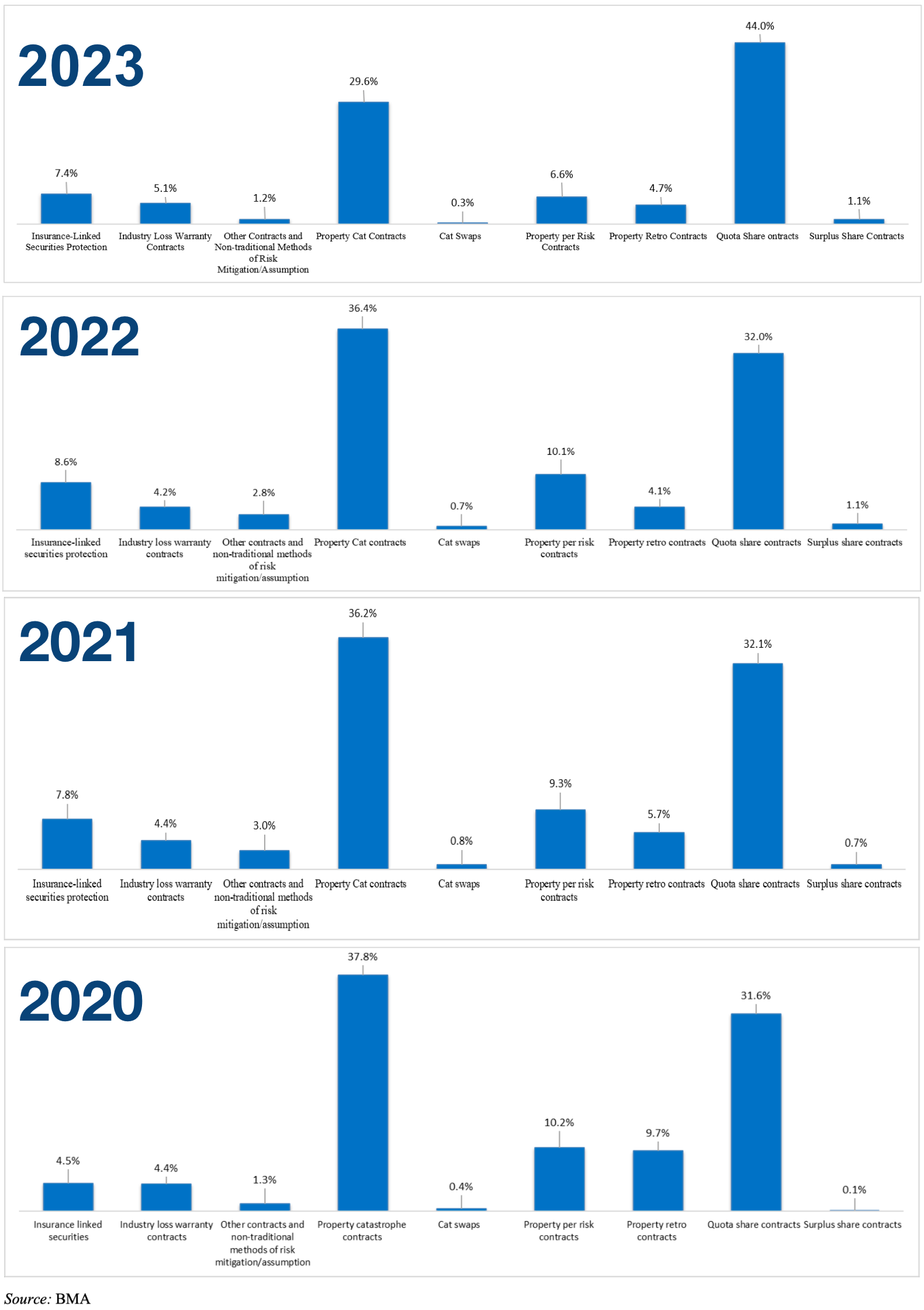Compared to storms of similar strength and intensity, claims activity to-date for hurricane Milton is seen as “relatively light”, according to the executive leadership of international carrier AIG.
 Speaking during the insurance group’s third-quarter earnings call today, CEO Peter Zaffino and CFO Sabra Purtill both highlighted the challenges in estimating losses for major hurricanes soon after a storms initial impacts.
Speaking during the insurance group’s third-quarter earnings call today, CEO Peter Zaffino and CFO Sabra Purtill both highlighted the challenges in estimating losses for major hurricanes soon after a storms initial impacts.
Zaffino explained, “When analysing large single catastrophes, the complexity of determining the initial and ultimate losses is complicated.
“Modelling firms produce industry loss estimates post event, and there are many factors that go into estimating the ultimate losses. It is important to note that no two catastrophes are the same.”
Zaffino went on to highlight that estimates tend to move over time as well.
“Property Claim Services, or PCS, is a widely used source for independent property loss estimates in the United States. The loss figures that they provide are derived from claims activity and other factors at the time of loss, rather than a judgment of the ultimate size of the loss.
“As a result, the actual scale of total loss is often subject to misinterpretation.
“Historically, if you look back at major events, including Katrina, Superstorm, Sandy and Ian, the final report of PCS figures were substantially higher than their original estimates, illustrating the uncertainty around determining ultimates for best estimates for catastrophe losses,” Zaffino explained.
AIG’s Chief Financial Officer Sabra Purtill later provided some insights into what the insurer is seeing on the ground, post-Milton.
Purtill said, “Hurricane Milton made landfall on October 9th, and therefore its financial impact will be recognized in the fourth quarter.
“Peter commented on the complexity of determining ultimates for natural catastrophes, and at this point, we have a very wide range of estimates for modeling firms.”
Purtill then went on to say that, “Claims activity to date for Milton has been relatively light compared to storms of similar strength and intensity.”
She then gave AIG’s own current best estimate for losses from the storm, saying, “Our current preliminary loss estimate for Milton is between $175 million and $275 million.”
In discussions with market sources we’ve learned that some adjusting firms have reported claims activity in Florida after hurricane Milton as being lower than they had anticipated.
It highlights a challenge in providing loss estimates early on, when risk modelling firms only have the storm footprint and their exposure data to work with.
It also highlights specific challenges related to hurricane Milton, such as the fact it came soon after Helene and there was some cross over in the areas of Florida impacted between the two storms.
Time will tell what the eventual impact to the insurance and reinsurance industry is from Milton. But, for now, data points and anecdotes from our conversations with adjusters and claims professionals are beginning to suggest the industry loss may prove in the lower-half of early expectations.
This can of course change over time. But, the comments of AIG’s executive leadership on the lower than perhaps expected levels of claims activity being seen may help to provide some more confidence that the market impact will be manageable, as we’ve seen with reactions in catastrophe bond and ILS markets where participants mark their strategies relatively frequently to keep their investors informed.



















 English (US) ·
English (US) ·